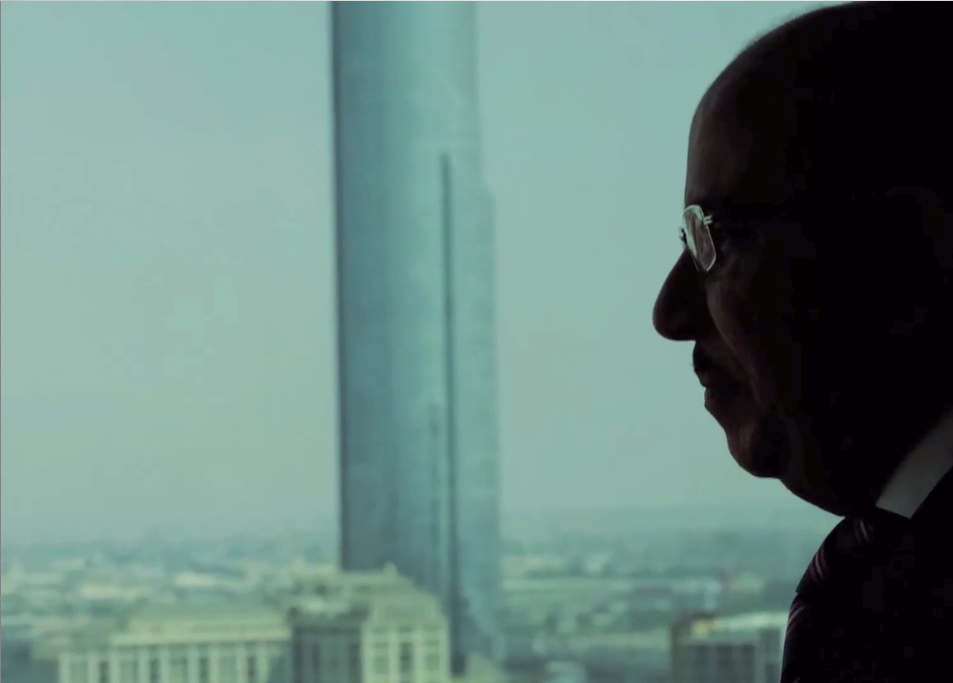VIDEO-What can the halal industry learn from Islamic finance about standards-setting?
On November 14, Prof Datuk Rifaat Ahmed Abdel Karim was conferred Malaysia's Royal Award for Islamic Finance 2016 in recognition of his contributions to the development of the Islamic financial services industry including his instrumental roles in the establishment of international standards-setting bodies: the Accounting and Auditing Organisation for Islamic Financial Institutions (AAOIFI) and the Islamic Financial Services Board (IFSB), Securities Commission Malaysia and Bank Negara Malaysia said in a statement.
Prof Datuk Rifaat is currently CEO of the International Islamic Liquidity Management Corporation (IILM), a post he assumed in October 2012.
He spoke to Salaam Gateway about the role of standards in the Islamic Economy, saying that the road to any standardization starts with dialogue, and the understanding that all parties need to be tolerant of the other’s point of view.
OVERVIEW-Standards in the halal and Islamic finance industries
The global Islamic Economy is a complex web of standards, regulations and guidelines that primarily affect Islamic finance; halal food and beverages; halal pharmaceuticals and cosmetics; and increasingly, Muslim-friendly travel.
Within this fragmented ecosystem, there have been many calls for, and efforts made to reduce the gaps between differences as stakeholders continue to work towards standardization, or, at the least, harmonization.
Halal industry
In the global halal food and ingredients industry, there are more than 100 halal marks used, and there is a lack of effective oversight of the more than 300 certification bodies around the world. As a first step towards unifying standards, the Organisation of Islamic Cooperation (OIC) kickstarted discussions for the harmonization of standards among Islamic states in 1984 but it wasn’t until 2010 that the Standards and Metrology Institute for Islamic Countries (SMIIC) was set up. SMIIC’s work is ongoing but the emergence of other initiatives, most recently the Dubai-based International Halal Accreditation Forum (IHAF), points to stakeholders driven to more urgently steer global efforts, although IHAF head Mohamed Saleh Badri was careful to explain that IHAF’s work is “complementary†to SMIIC’s due to the enormity and demands of the halal industry.
In the current absence of a global halal standard, independent certifiers actively seek recognition from leading certifiers, such as Malaysia’s JAKIM, to communicate quality and access OIC markets.
Relative to this environment and context, the Islamic finance fraternity has made a lot more progress in coming together to set standards for the industry.
Islamic finance
The first attempt to bring together Islamic finance industry players was in 1977 when Dar Al-Maal Al Islami’s Prince Mohamed Al Faisal Al Saud established the International Association of Islamic Banks. As the association’s influence waned and Islamic banking and finance continued to grow, the industry felt that it would need some basic infrastructure, which included standardization of products and the development of accounting standards that would enhance the credibility of financial reporting by Islamic financial institutions. This led to the formation of the Financial Accounting Organisation for Islamic Banks and Financial Institutions in 1990, by the Islamic Development Bank, Dar Al-Maal Al Islami, Kuwait Finance House, Al Rajhi Banking and Investment Corporation, and Dallah Albaraka. The organization was renamed Accounting and Auditing Organisation for Islamic Financial Institutions (AAOIFI) in 1995 to reflect its additional remit in auditing.
In 2002, to address the needs for standards at the prudential and regulatory level, the Islamic Financial Services Board (IFSB) was set up. In the same year the International Islamic Financial Market (IIFM) was also established, to focus on the standardization of Islamic financial contracts and product templates for the capital and money market, corporate finance, and trade finance.
Development and Implementation
AAOIFI, IFSB and IIFM memberships cover a large cross-section of the world’s Islamic finance market players and regulators, and their draft or proposed standards are prepared, developed and reviewed by all interested stakeholders via structured and robust processes before they are formally issued.
The biggest challenge for these standards-setting bodies is to get their standards implemented; none of these standards-setting bodies can impose their standards on the market or regulators.
AAOIFI’s standards for accounting and auditing (27 issued), Shariah (54 issued), Governance (7 issued), and Ethics (2 issued) are only mandatory regulatory requirements in a handful of jurisdictions, such as the IDB, Bahrain, Oman, Pakistan, and Sudan. Outside of these jurisdictions, the standards are used voluntarily as basis of internal guidelines by Islamic financial institutions in many countries, including Malaysia, Qatar, Saudi Arabia, UAE, and UK.
IFSB has published 18 standards, six guidance notes, and 1 technical note.
IIFM has published 9 standards.
© SalaamGateway.com 2016 All Rights Reserved
